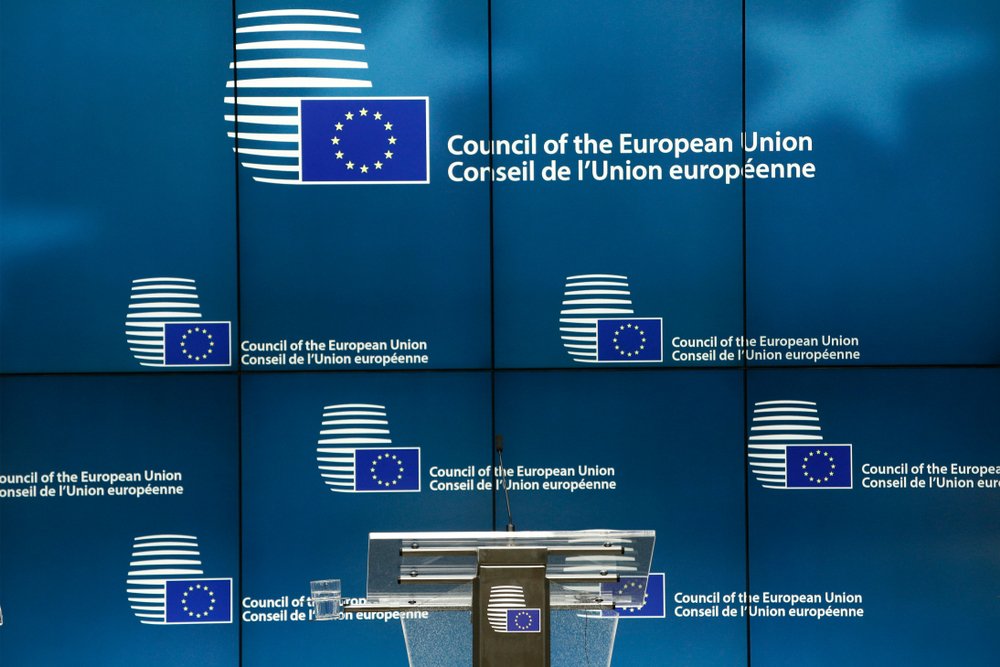
COVID-19 pandemic made the European Union put limits on non-essential travels to its territories in order to prevent new infections.
Now that massive vaccination campaigns have helped control the disease around the world, the Council has started to recommend the suspension of COVID-19 travel restrictions for third countries that can reliably provide favorable data about their sanitary situation. It is doing so, according to this criteria, since May 2021.
By regularly checking statistics regarding COVID-19 cases for each country, the Council can suggest adding or removing travel restrictions for foreigners who want to travel to European Union’s territories without special permissions. Non-essential travelers could easily be admitted into the European Union as long as they’re fully vaccinated nationals of the countries with lifted bans.
Recently, the Council considered that travel restrictions for Bahrain and the United Arab Emirates should be discontinued. After evaluating data from the European Centre for Disease Prevention and Control (ECDC) and European External Action Service (EEAS), the Council proposed a progressive suspension of the restrictions for these countries on an official document published on October, 6th.
The document includes an Annex that enumerates the countries whose nationals should be exempt from travel restrictions: Australia, Chile, Jordan, Ukraine, Kuwait, Canada, Qatar, Saudi Arabia, New Zealand, Rwanda, Singapore, Uruguay, and China (including Taiwan, Hong Kong, and Macau). The UAE and Bahrain are the latest additions to that list with the unanimous approval of all members of the Council.
The decision amends the Council Recommendation 2020/912 on non-essential travel limitations due to the COVID-19 pandemic.
But it is not a definitive amendment. The list will be reviewed and updated in two weeks after the scheduled re-evaluation of the epidemiological situation of each country. If it’s no longer considered that it’s safe for the EU territories to receive residents of a certain country, the country will be removed from the list as it doesn’t meet the requirements to stay on it anymore.
Requirements include having not more than 4% COVID-19 positive tests in the last week (out of 300 tests per 100,000 inhabitants), not more than 75 COVID-19 cases per 100,000 habitants in the last two weeks, and no registered cases of variants of interest or concern as shown by reliable information from trusted sources.
The EU territories involved in this recommendation encompass Andorra, Monaco, San Marino, the Vatican, and Schengen-associated territories (Lichtenstein, Norway, Iceland, and Switzerland). Exclusions include Ireland (because it is not part of the Schengen acquis) and the Kingdom of Denmark, which is part of the Schengen acquis and therefore, it is obliged by the Treaty on European Union and the Treaty on the Functioning of the European Union to take a stand on this matter within a period of six months.
Because it is only a recommendation, no Member State of the European Union is forced to implement the measures. At the same time, none of them is allowed to ease constraints on non-listed third countries without the authorization of the Council.